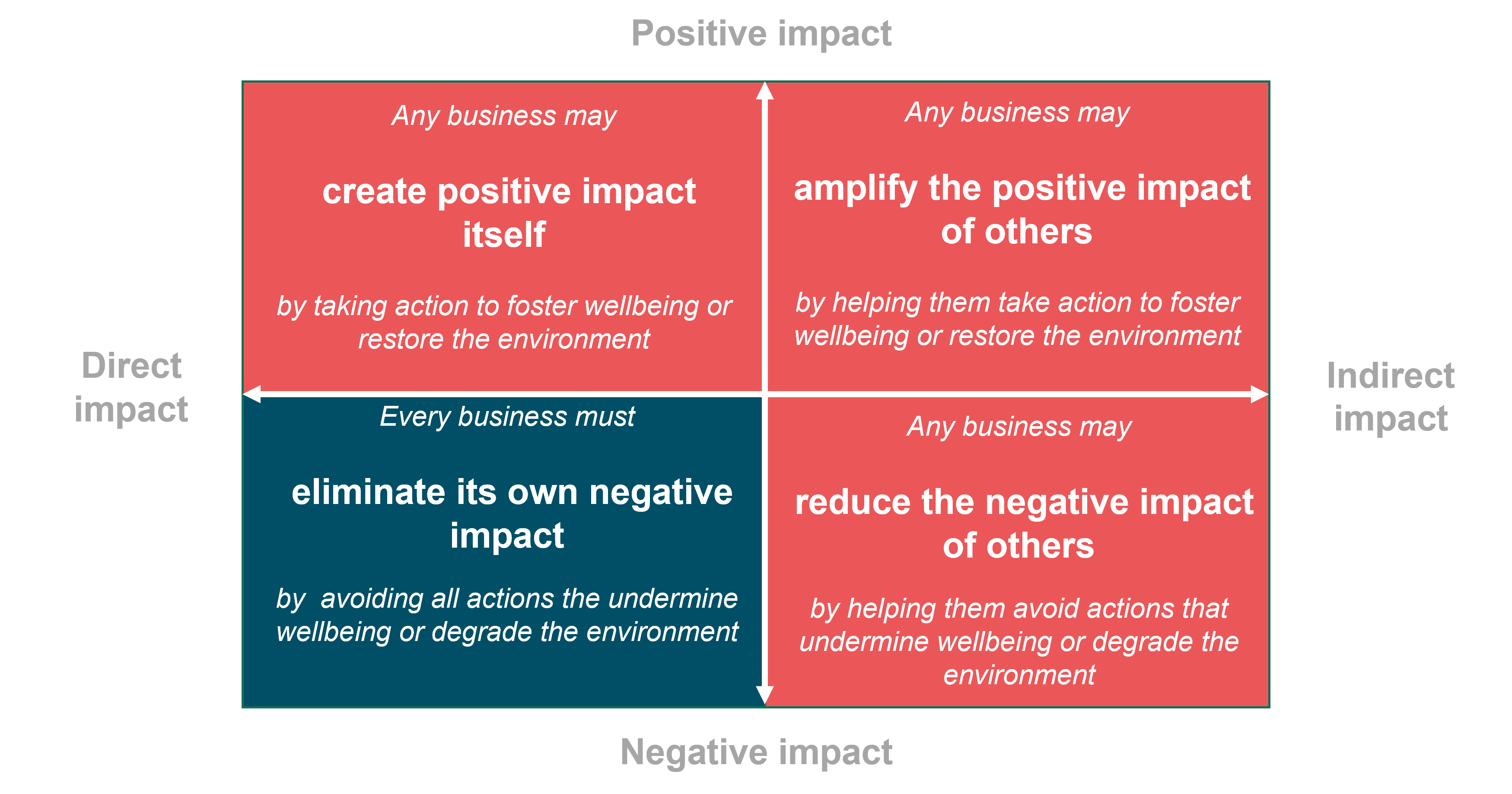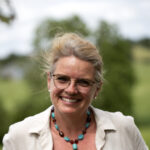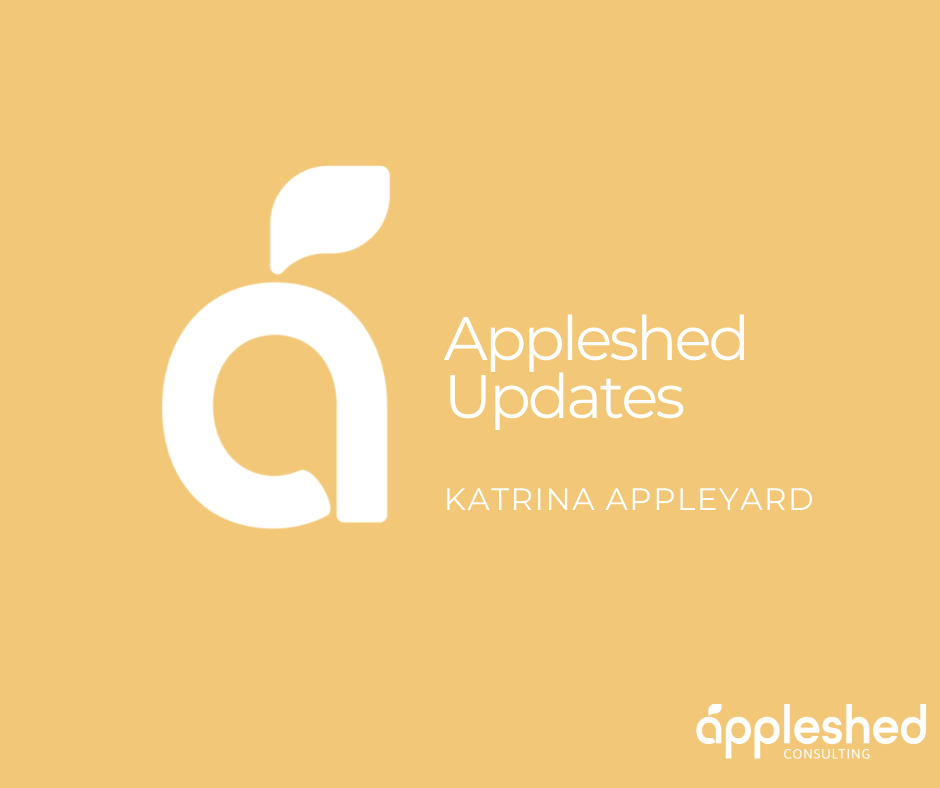As a business consultant, whilst creating impact and change is a part of the role, we do not have the environmental or societal impact that can physically draw tonnes of carbon out of the atmosphere or change the justice system, so if sustainability is what we are talking about, how do we walk our talk?
We can measure our carbon footprint (my current personal 2021 footprint is 9.88 tonnes, roughly the size of three asian elephants – click here for a quick calculation of your own). The UK budget for 2021 is 10.5 tonnes, so I am doing better than my general postcode who are at 11.55 tonnes. There is room for improvement, however as part of living in a rural location, some of my reduced carbon would arise from moving to a city or town (which is not a preference) where I didn’t need to drive. So every part of our lives questions how committed we are to making a difference and what compromises we are prepared to make and can also afford. Watch this space as I consider a more indepth version of measuring this moving forward.
After measurement of a carbon footprint, we can offset what we’ve used by purchasing carbon credits. Be careful when buying carbon credits, you need to ensure they are of a high quality with good governance. The gold standard for this is literally an organisation called “Gold Standard” where you can buy credits in USD/tonne which directly go to increasing impact through projects around the world. Verra, another organisation for any of you planning on developing your own carbon project, has won the 2021 Environmental Finance “Voluntary Market Carbon Rankings” for ensuring sustainable standards are being met and carbon credits are being managed transparently.
An impressive organisation linking efforts to sustainability through their benchmark, Future Fit, also educates. When considering impact, they propose that organisations (and I would argue this applies to individuals as well), should first remove any negative impact on the planet, and I know for us, this idea alone is going to take some planning and research to understand how we could make that a reality. There are also opportunities to recognise how we increase our positive impact.

I have made a promise to contribute a percentage of my fees every year to at least 3 charities which have at least one of each of the following themes, environmental impact, societal impact and economic resilience. After some research, we have donated to the World Land Trust who are an international conservation charity, the Desert Flower Foundation which works to stop FGM (Female Genital Mutilation) amongst other projects, and Fare Share North East which redistributes surplus food to community groups in the North East of England.
The process of engaging in the idea that we all have agency in making the world a more fair, just and survivable place to live asks some hard questions, and as individuals and corporations we ultimately have two very large tasks, take responsibility for our own actions and impact and advocate/be activists/lobby for change in other larger organisations, government and society’s systems. No rest for the wicked then (or even those just trying to pay their bills!). Onwards and upwards we go.



